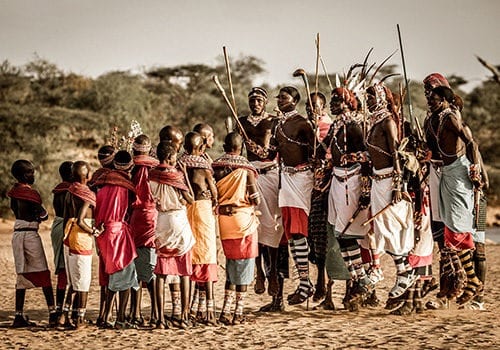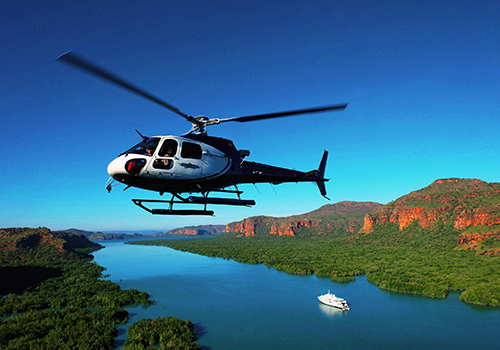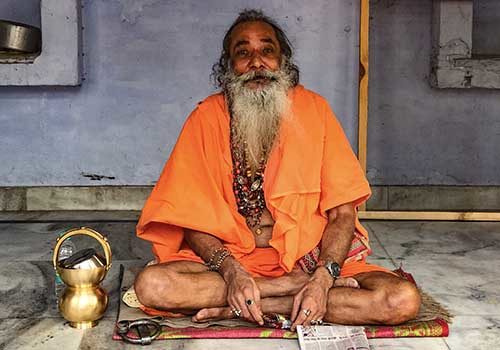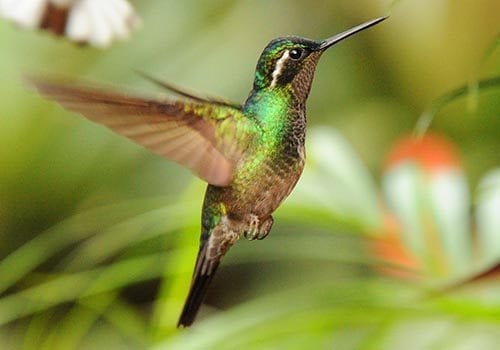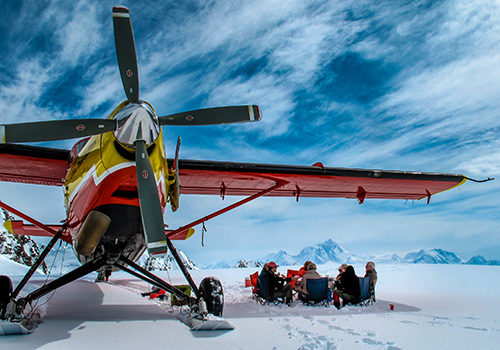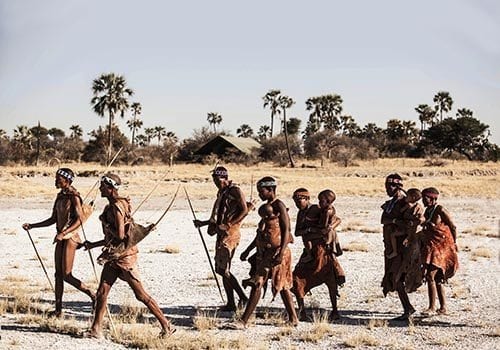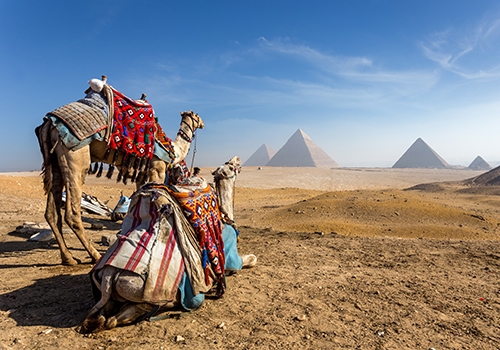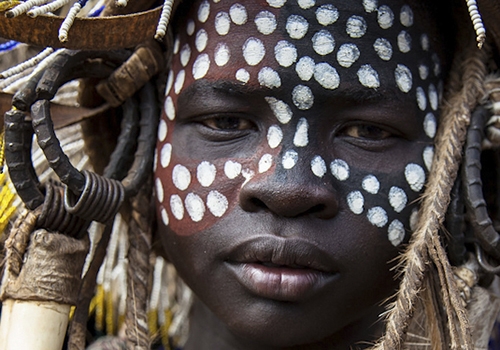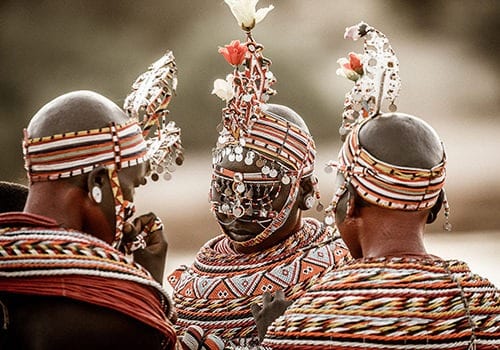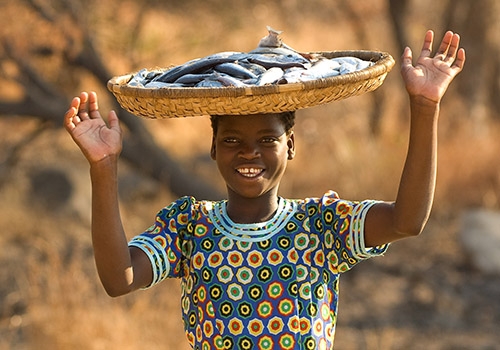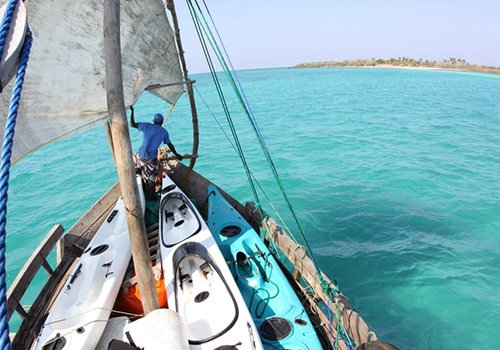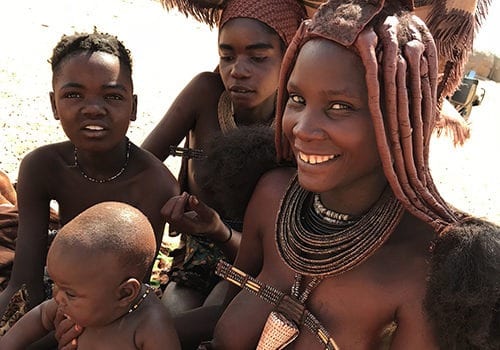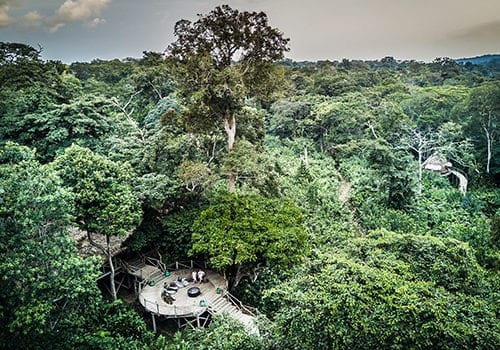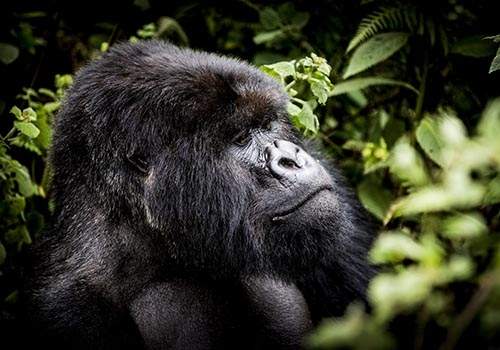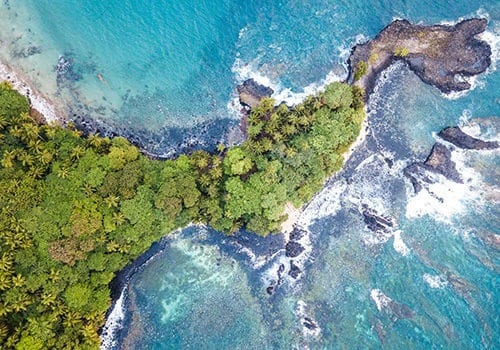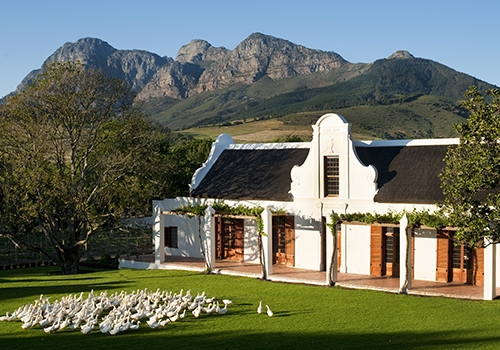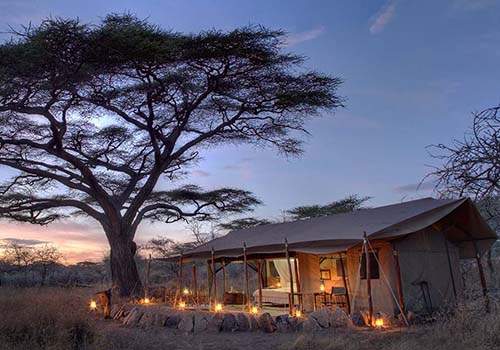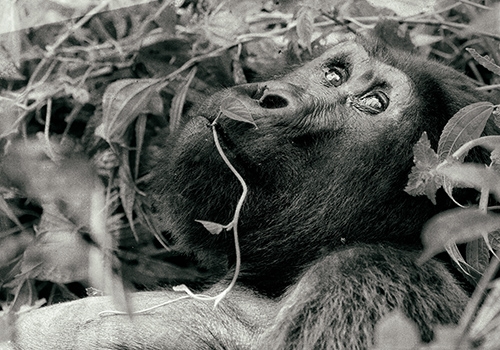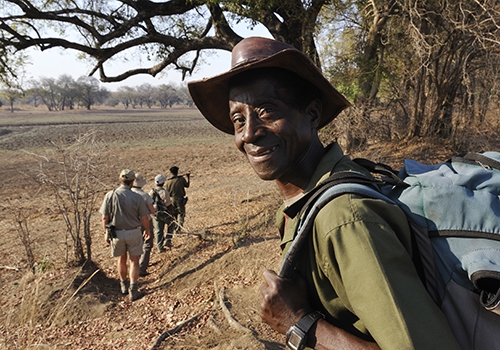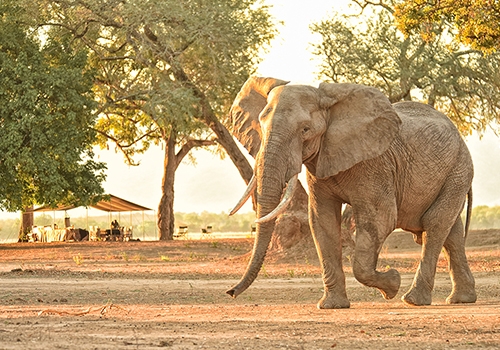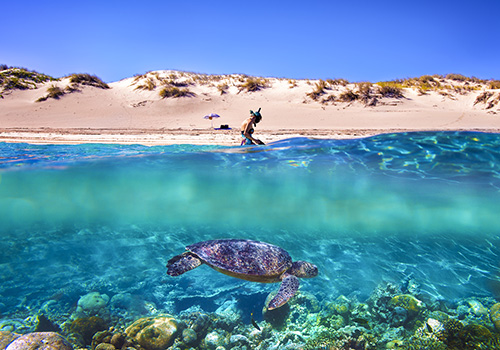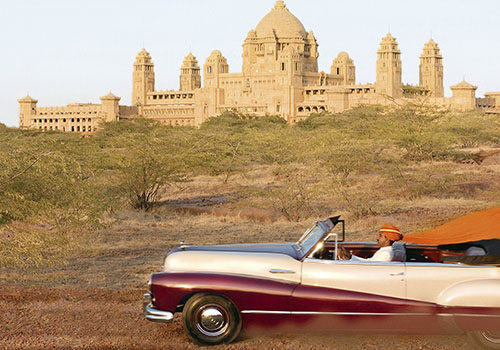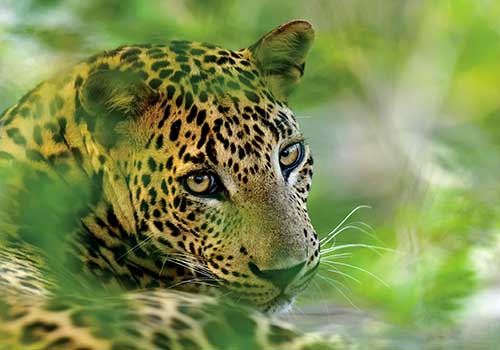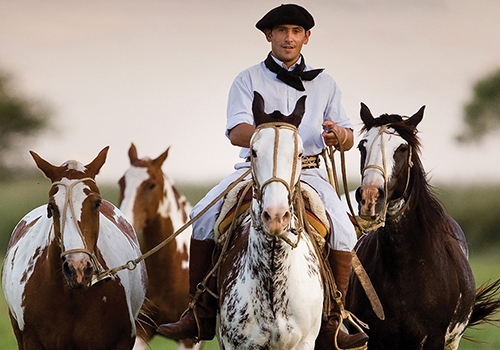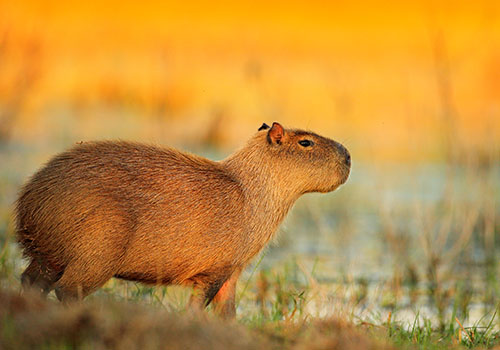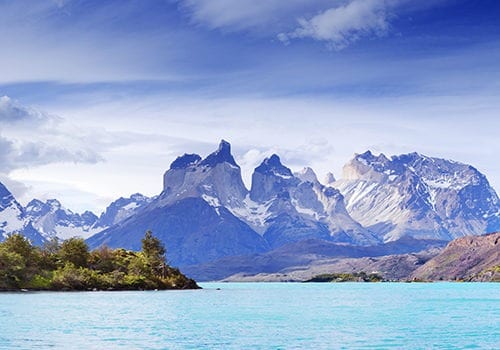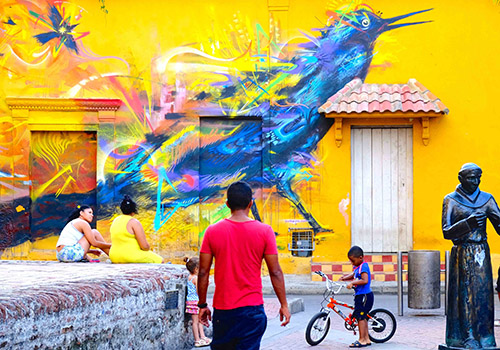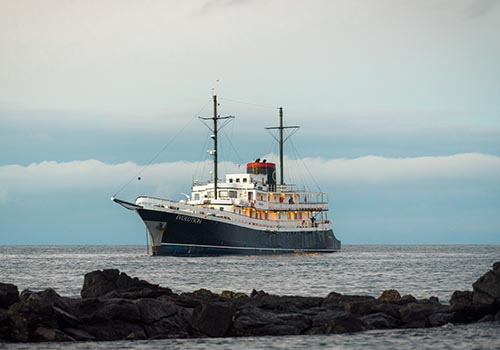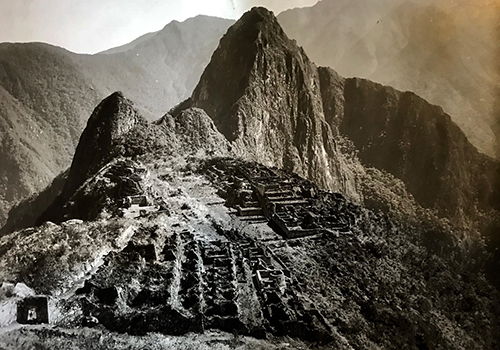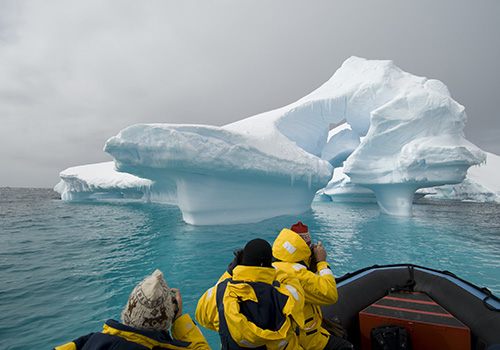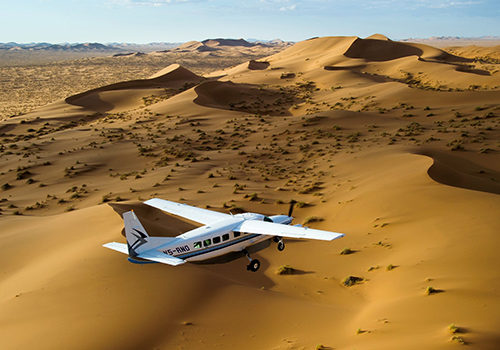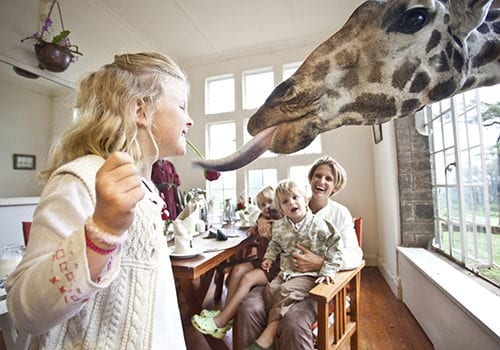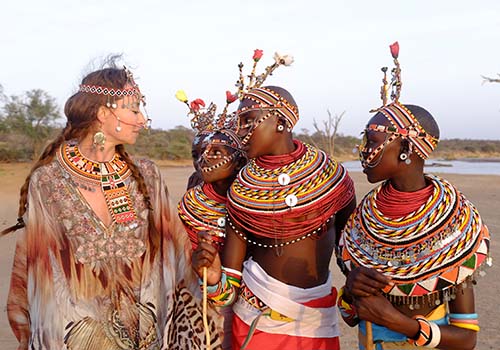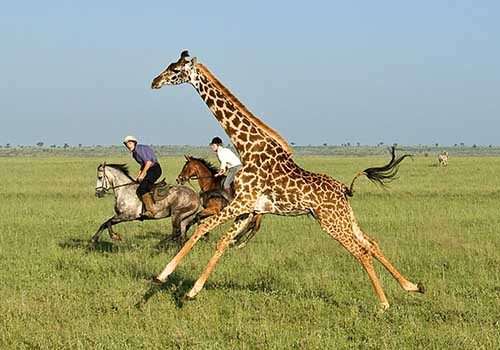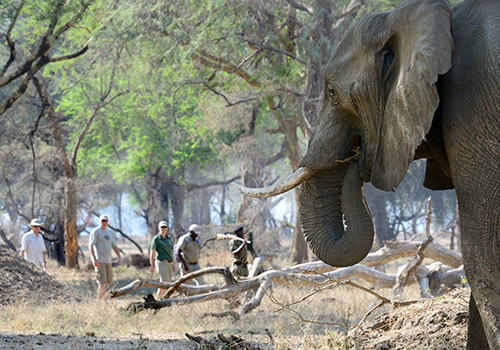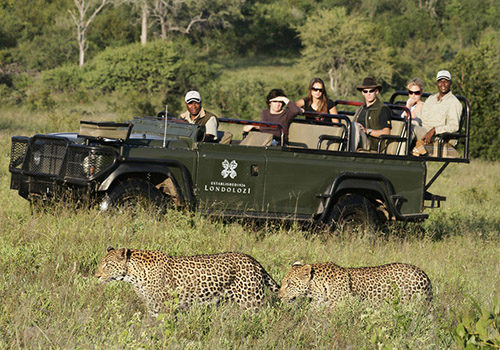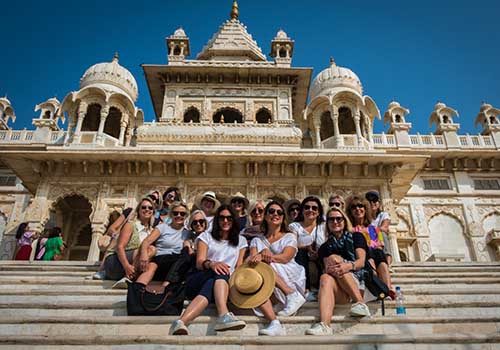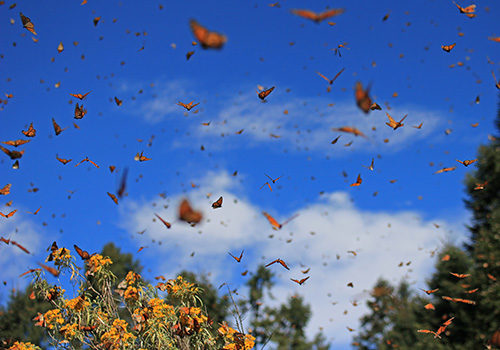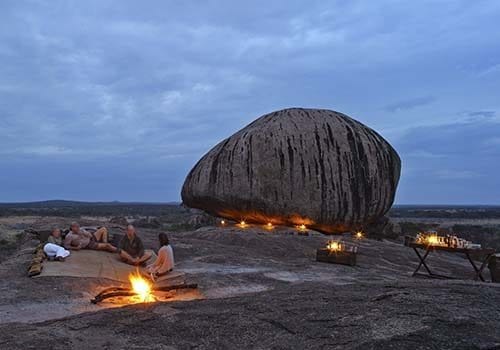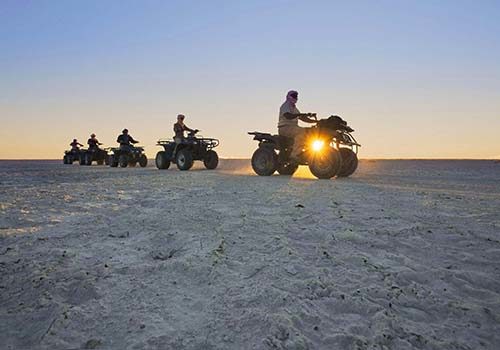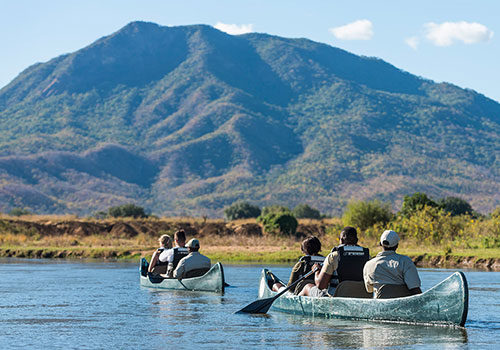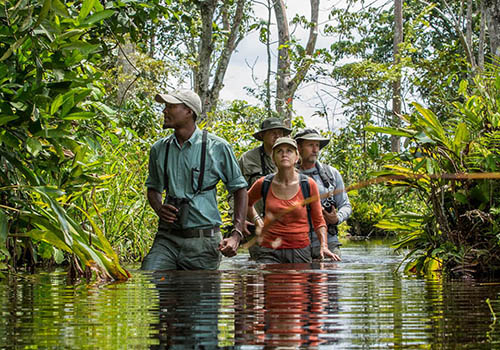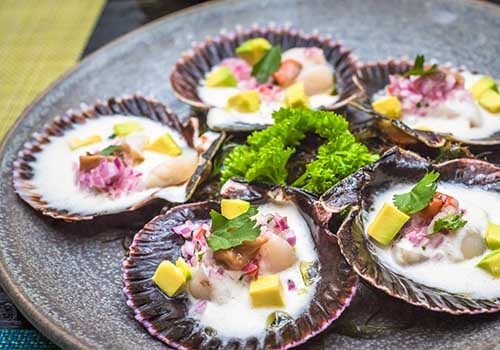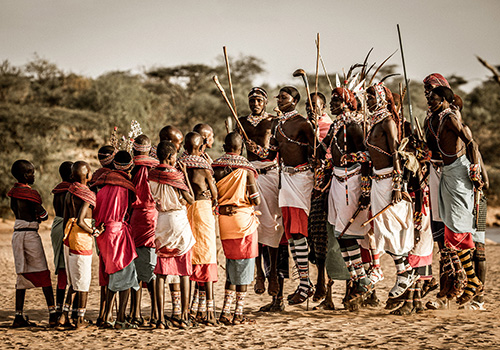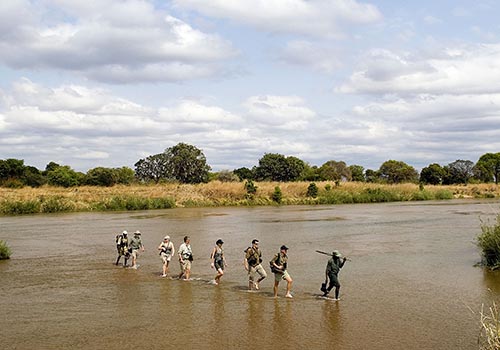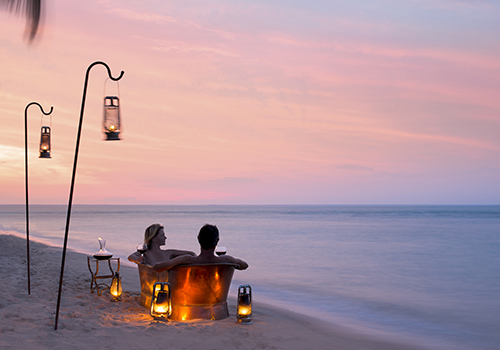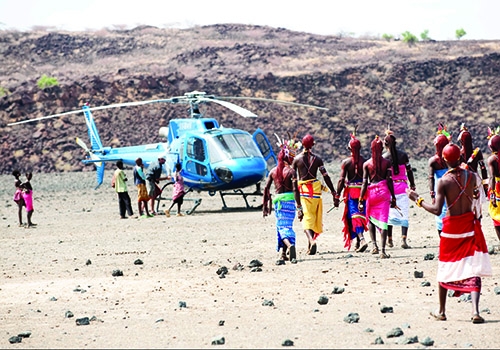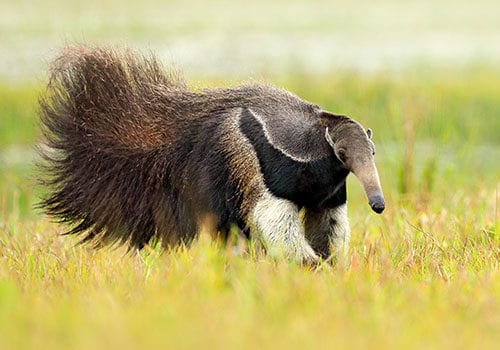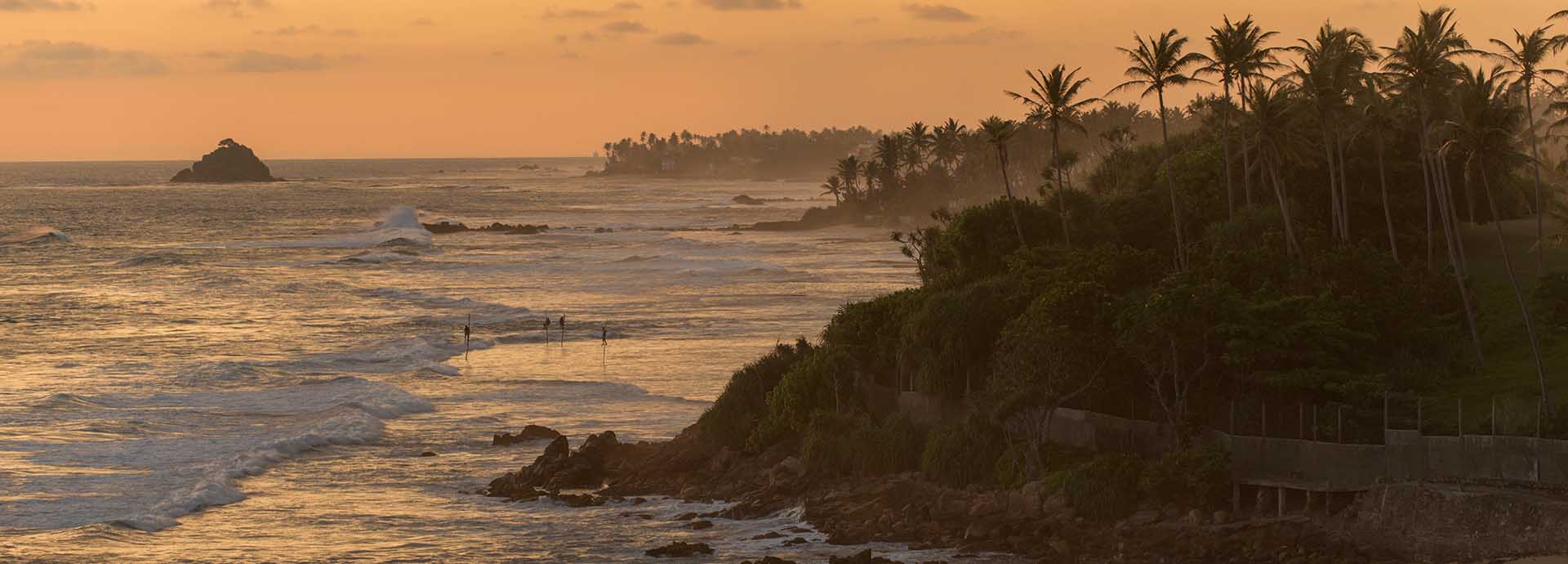
KEY INFORMATION TO PREPARE FOR YOUR JOURNEY
Sri Lanka, an island nation in South Asia, is located in the Indian Ocean, southeast of India. Renowned for its rich history, diverse landscapes, and vibrant culture, Sri Lanka offers a range of attractions. The ancient city of Anuradhapura and the sacred city of Kandy showcase the country’s cultural and religious heritage, while the Sigiriya rock fortress and the Dambulla Cave Temple are iconic historical sites. Sri Lanka’s lush tea plantations in the central highlands, wildlife-rich national parks like Yala, and pristine beaches along the southern and eastern coasts contribute to its allure. With a blend of history, nature, and warm hospitality, Sri Lanka appeals to those seeking a multifaceted travel experience.
PLEASE NOTE: All pre-departure information was correct at the time of writing, but should be used as a guide only since requirements can change at short notice and without warning. Consult Smart Traveller or contact the High Commission of the Democratic Socialist Republic of Sri Lanka or the appropriate authority prior to departure to confirm all details.
AT A GLANCE
SRI LANKA KEY FACTS
Time: GMT +6 hours | AEST -4 hours
Capital: Sri Jayawardenepura Kotte (legislative) & Colombo (judicial)
International Airport: Bandaranaike International Airport (CMB)
Official languages: Sinhala and Tamil are the official languages of Sri Lanka. English is also widely used for official and administrative purposes.
Religion: Buddhism is the major religion followed in Sri Lanka, with 70.2% of the population identifying as Buddhist. Of the remaining Sri Lankan population, 12.6% identify as Hindu, 9.7% identify as Muslim and 6.1% identify as Christian.
Electrical Current: 230V | UK 3 square pins – Type G | 3 round pins – Types D and M
Currency: Sri Lankan Rupee | LKR
Australian High Commission: 21 Srimath RG Senanayake Mawatha, Colombo 7 | T: +94 112463200 | W: https://srilanka.embassy.gov.au/
Visa: Yes – Australian and New Zealand passport holders require a visa in the form of an Electronic Travel Authorisation (ETA) – refer to ‘Passport and Visa Requirements‘ for further details.
USEFUL WEBSITES
Smart Traveller – https://www.smartraveller.gov.au/destinations/asia/sri-lanka
Travel Doctor-TMVC – https://www.traveldoctor.com.au/destinations/sri-lanka
High Commission of the Democratic Socialist Republic of Sri Lanka – https://www.slhcaust.org/

PASSPORT & VISA REQUIREMENTS
PASSPORTS
Your passport must be valid for at least six months after your return to Australia and have at least two blank pages for every entry and country you intend to visit on your journey. If your passport does not meet these requirements you must obtain a new one. The Australian Passport Office website is www.passports.gov.au.
It is a wise precaution to carry a photocopy of your passport separately and leave a copy at home. This will aid authorities in processing a new passport should yours get stolen or lost.
If you have dual citizenship and more than one passport, we strongly recommend that you use only one of these during your travels, as in some countries it is considered illegal to have two or more passports. Be sure to use the same passport on entry and exit from a country, and never surrender your passport.
If your passport name is different to your commonly used name, advise us of this and ensure your airline reservations match those of your passport name.
VISAS
Australian and New Zealand passport holders require a visa in the form of an Electronic Travel Authorisation (ETA). This must be applied for before travel.
Tourist ETA
- Cost is USD 50
- Valid for 30 days
- Valid for double entry
Transit ETA
- Cost is FREE
- Valid for 2 days
- Valid for single entry only
For more information and alternative visa application procedures, please visit Sri Lanka Immigration website.
Please note visa and entry requirements may change without notice.

AIR ARRANGEMENTS
PASSPORT NAME
Your airline reservation must be made in your legal name as it appears on your passport (i.e. names on tickets and passports must match). If your passport name is different to your commonly used name, advise us of this and ensure your airline reservation name matches those on your passport.
SPECIAL REQUESTS
Do let us know your seat preferences and any special requests so we can advise the airlines accordingly, however airlines do not guarantee seat preferences and some airlines now charge extra for this service.
Be sure to mention any other special requests you may have such as dietary requirements, kids meals and wheelchair assistance.
FREQUENT FLYERS
Prior to your departure ensure you have provided your consultant with your frequent flyer details so they can be added to your flight booking.
If you intend to use frequent flyer miles for your air travel you must book your own flights directly with the airline. It is a good idea to hold onto all your boarding passes in the event you have a query regarding points on your return.
DIY FLIGHT ARRANGEMENTS
If your flights are not booked by us ensure you provide your consultant with a copy of your flight itinerary so that we can share this with our ground operators who are responsible for booking corresponding ground transfers.
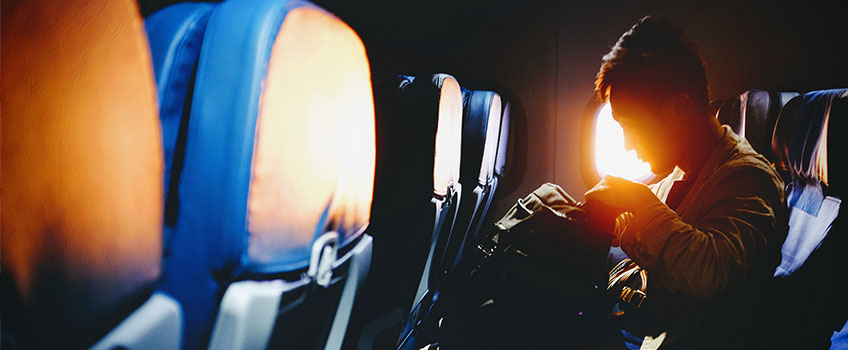
CLIMATE, WEATHER & SEASONS
CLIMATE
Sri Lanka generally offers warmth and sunshine throughout the year. Protect yourself from the sun with creams, hats and sunglasses, drink plenty of bottled water to avoid dehydration.
Temperatures average between 27-30C in Colombo and on the coast, and peak in April. They average about 10C cooler in the hill country.
Sri Lanka lies 400 miles north of the equator and is affected by two South-East Asian monsoons. The southwest monsoon (Yala) brings most rain to Colombo and the south and west coasts in May/June and the inter-monsoon affects October/early November, although at all times of year sunshine can be plentiful and most of the rain falls in heavy bursts at night. The north-east monsoon (Maha) affects the north and east between December and February.
Rainfall is becoming increasingly unpredictable. Sri Lanka averages about 240cms a year, slightly above the UK national average. The north and east are dryer, while the western slopes of the central highlands are wettest. Humidity ranges between 70-90 percent in Colombo, lower in the highlands and cultural triangle.
| COLOMBO | JAN | FEB | MAR | APR | MAY | JUN | JUL | AUG | SEP | OCT | NOV | DEC |
|---|---|---|---|---|---|---|---|---|---|---|---|---|
| Temperature (°C) | 23-32 | 23-32 | 24-33 | 25-33 | 26-33 | 26-32 | 26-32 | 26-31 | 25-31 | 24-31 | 24-31 | 23-31 |
| Rainfall (mm) | 60 | 75 | 130 | 245 | 390 | 185 | 120 | 120 | 245 | 365 | 415 | 175 |
| KANDY | JAN | FEB | MAR | APR | MAY | JUN | JUL | AUG | SEP | OCT | NOV | DEC |
|---|---|---|---|---|---|---|---|---|---|---|---|---|
| Temperature (°C) | 18-29 | 19-30 | 20-32 | 21-32 | 21-30 | 22-29 | 21-29 | 21-29 | 21-29 | 20-29 | 20-29 | 20-28 |
| Rainfall (mm) | 80 | 75 | 70 | 190 | 145 | 130 | 130 | 115 | 155 | 265 | 295 | 195 |
| NUWARA ELIYA | JAN | FEB | MAR | APR | MAY | JUN | JUL | AUG | SEP | OCT | NOV | DEC |
|---|---|---|---|---|---|---|---|---|---|---|---|---|
| Temperature (°C) | 10-20 | 10-21 | 10-22 | 11-22 | 13-21 | 13-19 | 13-19 | 13-19 | 12-20 | 12-20 | 12-20 | 11-19 |
| Rainfall (mm) | 100 | 80 | 70 | 160 | 175 | 170 | 165 | 160 | 180 | 225 | 220 | 195 |

LUGGAGE & PACKING
LUGGAGE
Don’t take too much! You will regret bringing large unwieldy luggage.
Most importantly please note that the trunk/boot of Sri Lankan cars are relatively SMALL. So if you travel with a large, hard-shelled suitcase you may have a problem getting your luggage to fit. Wheelie bags with soft sides are ideal, along with a small back pack or shoulder bag for day to day items. All luggage should also be capable of withstanding rugged treatment.
WHAT TO PACK
We recommend you pack for heat and humidity. Long-sleeve shirts might be advisable after dusk because of mosquitoes.
Daytime coastal temperatures generally range from 27-32C, slightly cooler in the hill country, especially Nuwara Eliya, where a light sweater is frequently required at night.
Topless sunbathing is officially illegal. The use of bikinis is generally considered acceptable while on the beach. When swimming inland, in rivers or lakes, ask for local advice regarding swimwear as covering with a sarong may be necessary.
Away from the beach, be aware that dress standards are comparatively conservative and it is respectful to wear loose, long and lightweight clothing. Shorts should always be knee-length. Be especially careful about modest dress when visiting religious sites.
Laundry is offered in most hotels in Sri Lanka, however we would refrain from handing over delicate or expensive items if you are at all worried about them. You may be requested , or may prefer, to wash your own underwear.
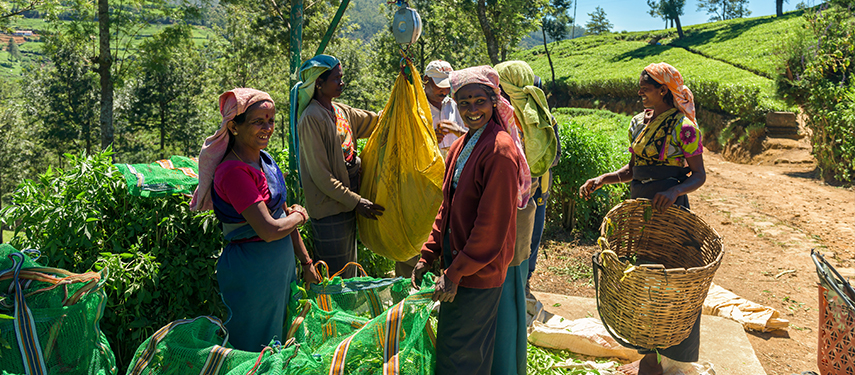
CLOTHING
- light cotton shirts or t-shirts, both short & long sleeved
- sweater/fleece
- pants – a combination of long & 3/4 pants (2 to 3 pairs)
- casual dress or skirt
- casual evening wear
- a good pair of comfortable and breathable walking shoes
- casual shoes & sandals or flip flops for around your hotel
- socks & undergarments
- light jacket or sweater – some hill country areas like Nuwara Eliya can be cool, especially in the evenings
- PJs
- swimwear
- hat or Cap
ACCESSIORIES
- sunglasses
- spare prescription glasses
- contact lenses and saline
- pen, paper, scrap book
- a novel
- camera with spare memory cards
- chargers for all electricals
- adaptor plugs
- small torch + batteries in the event of a power outage
- sun hat or cap
- a scarf – for ladies to wear when visiting mosques or temples
- toiletries
- ear plugs
- a water bottle
- medical kit
INSURANCE
ENSURE YOU’RE INSURED
Although we hope you’ll never need it, having a comprehensive travel insurance policy is always highly recommended. No international travel is ever entirely without risk, and even the best laid plans can go awry.
Whilst we cannot recommend the right policy for you (as only you know you and what you need), below we have provided links to sites and articles that may help you navigate your way through the choices available.
PLEASE NOTE: The information provided here is subject to change at any time. Please always read the travel insurers’ relevant Product Disclosure Statements and refer to the Australian Government’s Department of Foreign Affairs & Trade’s (DFAT) Smartraveller website for up to date travel advice and their advice on Travel Insurance.
Whichever insurer you choose please provide us with a copy of your chosen policy, insurance certificate and all emergency contact details for our records.
WHAT WE OFFER
The Classic Safari Company is currently associated with the following travel insurance providers :
Each of the above insurers has varying strengths depending on the activities included in the trip you are undertaking. Their websites are easy to navigate and once you have entered your personal details and selected your preferences – be that to reduce your excess, include cover for cruising, increase your cover for cancellation or obtain cover for a pre-existing medical condition – the website will generate a quote. If you are satisfied with what is presented, you simply need to follow the steps to purchase your insurance policy online.
At what point in the booking process should I purchase travel insurance?
It is advisable to obtain comprehensive travel insurance at the time of confirmation/paying a deposit to ensure you are covered from the moment you book.
What should I look for when selecting coverage?
Most insurance companies will cover the basics such lost luggage or flight cancellations, but levels of medical cover vary from policy to policy, and the cover for global issues, such as pandemics, has changed significantly over the past few years. This excellent article, Travel Insurance Simplified, published on 07 April 2022, details what you need to look for when selecting coverage for your next trip. Smartraveller also publishes helpful advice on Travel Insurance.
What is the impact of DFAT travel advice?
Some insurance will not cover travel to countries where the Australian Department of Foreign Affairs & Trade (DFAT) is warning Australians to “Reconsider your need to travel” (Level 3) and most don’t cover travel to places with a “Do not travel” warning (Level 4). Most international travel insurance covers visits to Level 2 countries. DFAT travel advisories can change over time and this may affect your travel insurance coverage. You should always check the advice levels on the Smartraveller website.
How much does travel insurance cost?
Costs will vary depending on your age, destination, duration of your journey, preferred excess, cancellation cover, and if you have any pre-existing medical conditions. It is important to note that the inclusions with each policy are different so price is not the only factor you should consider when choosing travel insurance – cheaper policies often don’t provide the cover you might expect. You should read the small print carefully before purchasing any travel insurance policy to ensure it is suitable for your needs.
Can I use my credit card travel insurance?
Many premium credit cards come with complimentary travel insurance. If you elect to only be covered by your credit card travel insurance it is paramount that you understand the terms and conditions, policy availability subject to your age, trip duration and destination, item limits, sub-limits and exclusions that may apply. It is also worth noting that many credit card travel insurance policies automatically exclude cover for epidemics and pandemics and may not cover charter flights.
What about reciprocal health care agreements?
If you’re travelling to one of the 11 countries for which Australia has reciprocal health care agreements, you may also be able to access free health care at your destination under these arrangements. The exact benefits available to Australians in each partner country vary. At a minimum, you can generally access emergency medical and hospital care in any of these 11 countries by simply showing your valid Australian Medicare card.
Even if you’re travelling to a country that has a reciprocal health care agreement with Australia, it’s still a very good idea to get travel insurance as these care agreements can be quite limited. Travel insurance will also cover you for everything else besides your health, such as delays or cancellations.
HEALTH & VACCINATIONS
VACCINATIONS
It may be necessary to take medical precaution prior to, and whilst travelling. As we are not qualified to offer advice, we recommend you contact your GP or the Travel Doctor-TMVC who have the most up‐to-date information available. Requirements are highly personal depending on your health profile and the activities in your itinerary. Some vaccinations must be given well in advance of travel, so we suggest seeking medical advice as soon as you start to plan your trip. Be sure to ask what vaccinations or medications may be required to enter Sri Lanka and to re-enter Australia.
You can also refer to SmartTraveller for a guide as to what may be required, however you should always seek professional medical advice before travelling.
In Sri Lanka there are fully equipped hospitals with well provisioned dispensaries. In the larger cities services of highly qualified and often overseas-trained doctors/specialists are available. Most first class hotels also have doctors on call.
Please ensure you advise us of any allergies or medical conditions prior to travel.
We also recommend that you have a dental check up prior to leaving home.
STAY HEALTHY ON YOUR TRAVELS
There is no reason to get ill in this part of the world as long as you are sensible. Even if you are used to dining out on exotic cuisines at home, the food will still be vastly different to what you are accustomed to. Because of the different spices, herbs & the density and composition of water, you may find that there is initially an effect on your stomach. This normally passes within 48 hours as you adjust to the change in diet but if the condition persists you should consult a doctor.
To avoid health problems here are a few basic guidelines:
- Get all the vaccinations your doctor recommends.
- Do not drink the water unless you know it has been purified or boiled. Never drink the water from the tap – use the flask in your room or ask for boiled or bottled water. You may wish to carry purification tablets with you.
- Do not eat uncooked vegetables or meat, peel all fruit before you eat it, avoid salads and only eat food which has been recently cooked.
- Avoid ice in your drinks (unless the hotel has a water purification system).
- Be very particular about personal hygiene, keeping your hands very clean.
- We do not recommend you eat from street vendors unless you are brave!
- Cover up – use insect repellent, mosquito nets and wear long, loose, light-coloured clothing
- Don’t swim in fresh water unless told it is safe to do so
NOTE: If you have the appropriate level of cover you may be able to claim a rebate through your private health insurance under your extras cover for part of the cost of your vaccines and anti-malarial medications. We recommend you check with your private health insurance company.
PERSONAL MEDICAL KIT
Travelling with a comprehensive Medical Kit is as important as your preparation prior to departure. Below is a list of basic items that are a suggestion to combat minor ailments.
- Water purification: most stomach problems arise from water so taking a supply of water purification tablets is wise. Purification tablets can, however, affect the taste of water so you may wish to carry a water bottle with a purification element.
- Travel motion sickness tablets – particularly if you get ‘car sick’
- Insect repellent and an anti-itch cream should you get bitten
- Cold & Flu remedies
- Throat lozenges
- Anti-histamines
- A course of antibiotics
- Nausea tablets (such as Stematol)
- Diarrhea tablets (such as Lomotil)
- Hydration salts (such as Hydralyte)
- Indigestion tablets (such as QuickEze)
- Antiseptic cream
- Aspirin or Panadol
- Anti-bacterial hand wash & a small packet of tissues/hand wipes
- Blister pads, bandaids and/or steri strips
- Malaria Tablets – if they have been recommended for the destination you are visiting and/or the time of year you are travelling
- Personal sanitary items
- Eye drops and/or contact lens solution
- Sunscreen & lip balm
- Any prescribed medication – please also take a copy of your prescription with you
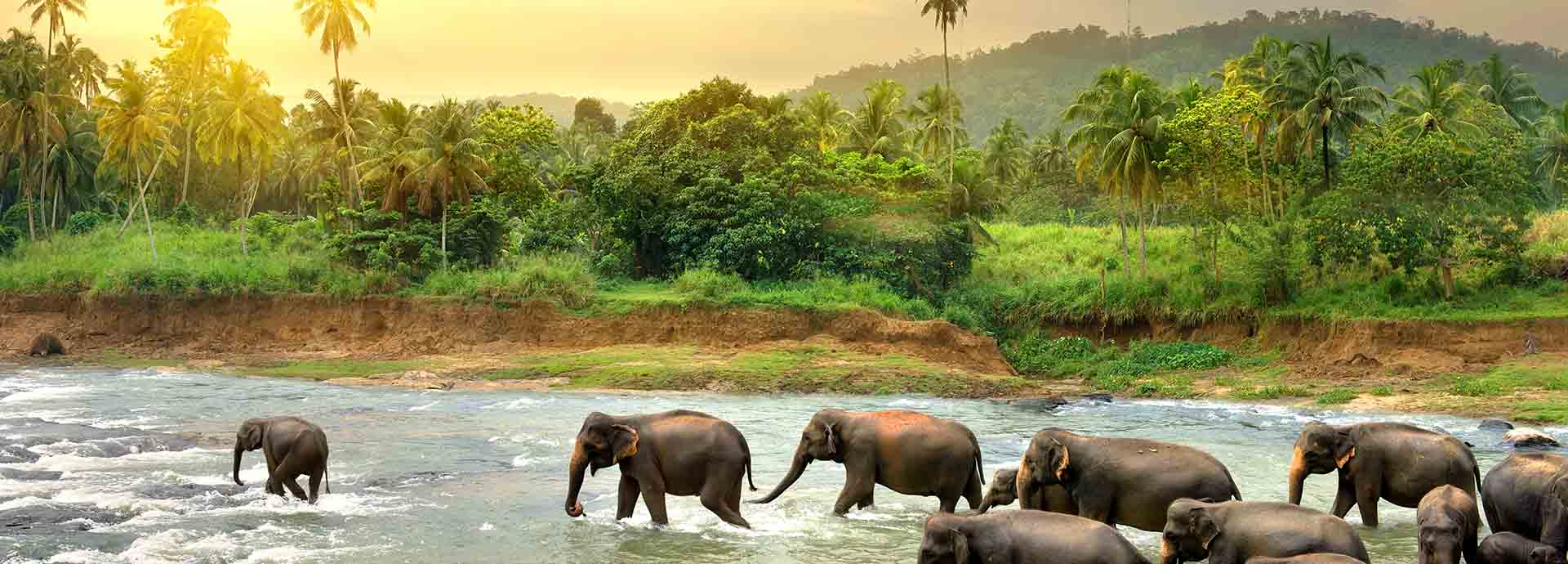
FOOD & DRINK
Sri Lanka boasts a rich and diverse culinary heritage with a variety of tasty dishes. Here are some food and beverage specialties of Sri Lanka that you should try:
FOOD
Rice and Curry: A staple dish featuring rice with an array of aromatic curries.
Hoppers (Appa): Bowl-shaped pancakes, plain or with egg, a versatile dish.
Kottu Roti: Stir-fried chopped flatbread with veggies, meat, or seafood.
Fish Ambul Thiyal: Sour fish curry with goraka, a signature Sri Lankan dish.
Lamprais: Dutch-influenced dish with rice, meat, and veggies baked in a banana leaf
Devilled Dishes: Spicy and tangy meat stir-fries, often with chicken or fish.
Wattalapam: Steamed pudding with jaggery, coconut milk, eggs, and spices.
Pol Sambol: Spicy coconut relish served as a side dish.
Short Eats: Snacks like samosas, cutlets, and pastries filled with spicy fillings.
Curd and Treacle: Dessert with buffalo curd and sweet treacle.
DRINK
Ceylon Tea: Renowned aromatic tea, best sampled at tea plantations.
King Coconut Water: Refreshing and slightly sweet coconut water.
Wood Apple Juice (Polos): Sweet and tangy juice from the wood apple fruit.
Arrack: Traditional distilled spirit from coconut or palmyra palm sap.
Ginger Beer: Spicy and refreshing non-alcoholic beverage.
Faluda: Cold dessert drink with rose syrup, vermicelli, and milk.
Toddy (Kithul Palm Toddy): Alcoholic beverage from fermented palm sap.
Soursop Juice (Anoda): Refreshing juice from the soursop fruit.
Lion Lager: Popular local beer.
Lime Juice: Simple and refreshing drink made with lime, sugar, and water.
TIPS
Sri Lankan cuisine is known for its spiciness. If you are not accustomed to very spicy food, it’s a good idea to ask for milder versions of dishes. Be cautious with the amount of chilli, especially if you have a low tolerance for spice.
Stay hydrated – due to the warm and tropical climate, it’s crucial to stay hydrated. Coconut water is a popular and refreshing choice, and it’s widely available.
Explore street food for authentic local snacks, but make sure to choose vendors with good hygiene practices.
Respect local customs. Sri Lanka has a rich cultural heritage, and certain customs may be associated with food. For example, it’s common to eat with your right hand, especially when having traditional meals.
Enjoy the diverse and delicious culinary scene of Sri Lanka!

CULTURE & CUSTOMS
Sri Lanka’s genuine hospitality to tourists is renowned.
Take care to avoid religious offence, however. In particular, respect the Buddhist faith: do not touch a holy man, do not pose for photographs on religious statues and remove shoes and socks when entering temples.
We recommend that you are as informed as possible about the island before you arrive and try to learn some local language, read about the religion and culture and learn about local rules and values. Be sensitive to cultural difference.
Note that patience, friendliness and courtesy are highly valued virtues that will win you the respect and confidence of many people.
VISITING PLACES OF WORSHIP
Removing one’s shoes before entering any temples is essential. Do not wear shorts, skirts above the knee or sleeveless tops in places of public worship.
FESTIVALS
Sri Lanka has more public holidays than anywhere else in the world. The most common holiday is Poya Day, which occurs every full moon. As a general rule, no alcohol is served and entertainment is restricted.
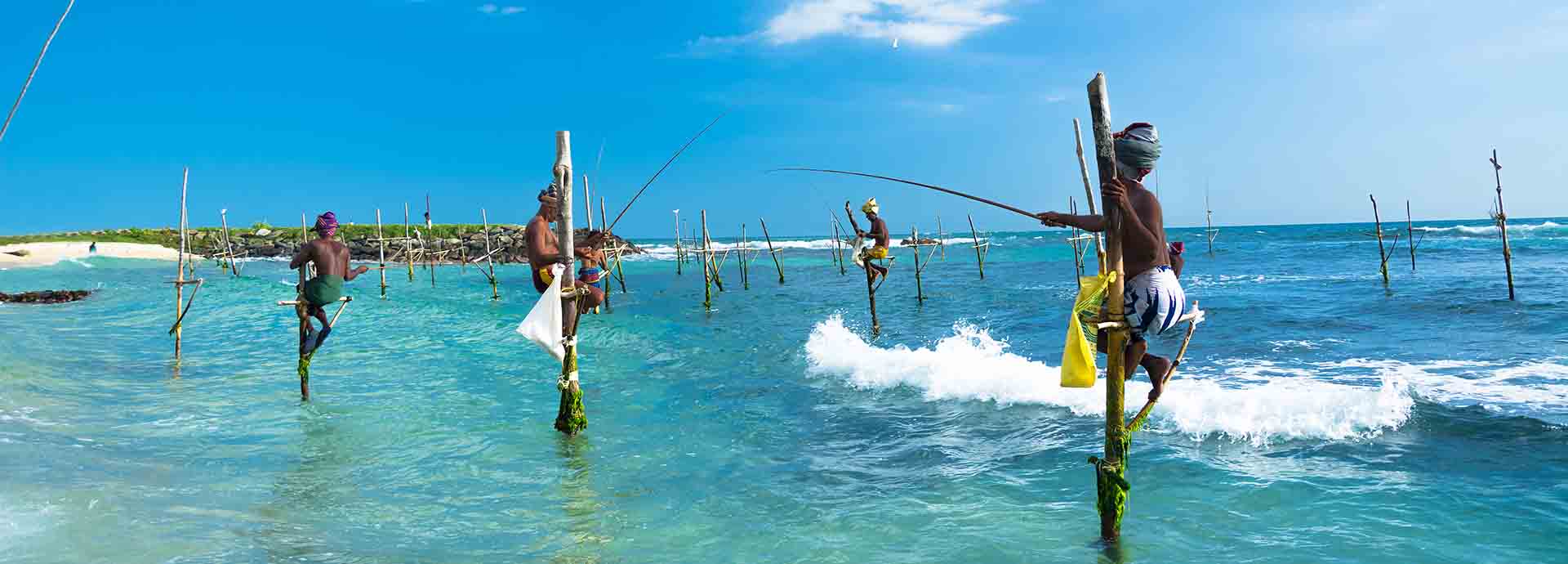
MONEY MATTERS
CURRENCY AND EXCHANGE
The Sri Lankan Rupee (LKR) is the unit of local currency, with one rupee being divided into 100 cents.
You can easily purchase rupees on arrival at the international airport in Sri Lanka and at commercial banks in major centres.
ATM machines are available in most major towns and cities, however some ATMs don’t accept international cards. Please use caution when withdrawing cash, just as you would at home.
Hotels and major shops accept major credit cards, however it is wise to have some local money for tipping, soft drinks or any other small items.
It is best to take a mixture of money – credit card, debit card or travel cash card and cash.
It is recommended that you DO NOT change money on the black market as you are more likely to receive a lower rate of exchange or fake notes.
TELL YOUR BANK
We highly recommend you advise your bank of your destinations and travel dates. This should prevent any of your transactions being deemed as ‘out of the ordinary’ (and possibly stopped) due to their unexpected location.
TIPPING
Tipping is an ingrained part of tourism on the Subcontinent.
It is usual to tip your chauffeur guide, National Park Drivers and Guide. Though we give below the general guidelines, it is to be remembered that tipping is a sign of gratification for good service, and therefore please view these guidelines as the middle ground, which can be adjusted depending on the level of service you feel you have received.
Please note the below amounts are per couple/ individual traveler.
- Chauffeur Guide: AUD$20.00 per day (based on two people) given on departure.
- National Park Driver: LKR 1000
- National Park Naturalist: LKR 1000
- Safari Camp Staff: AUD$20.00 per day given to staff on departure.
Please note that whilst all hotels include a 10% service charge in their rates, it is customary to leave tips at the end of your stay at the boutique properties in particular. We suggest 1000 Rupees per day which can be left with the manager on departure
Always carry extra money for those unexpected tips, for drivers, guides or staff that deserve that bit extra.
SPENDING MONEY
Your itinerary and invoice will indicate inclusions and exclusions throughout your itinerary booked by The Classic Safari Company.
As a rule most hotels throughout Sri Lanka are offered on a ‘bed and breakfast’ basis only – allowing you the freedom to dine out if you wish.
It is extremely difficult to calculate exactly how much each person will spend, however, we suggest you budget around A$80-$100 per person per day for extras such as additional meals, tips, drinks and personal purchases.
We generally recommend you carry a combination of cash, Travel Debit Card, Debit card and/or a credit card. Only take as much cash as you feel confident carrying and never keep your cash, credit card and/or debit card in the same place.
Of course if you plan to shop ’til you drop’ – then budget accordingly!
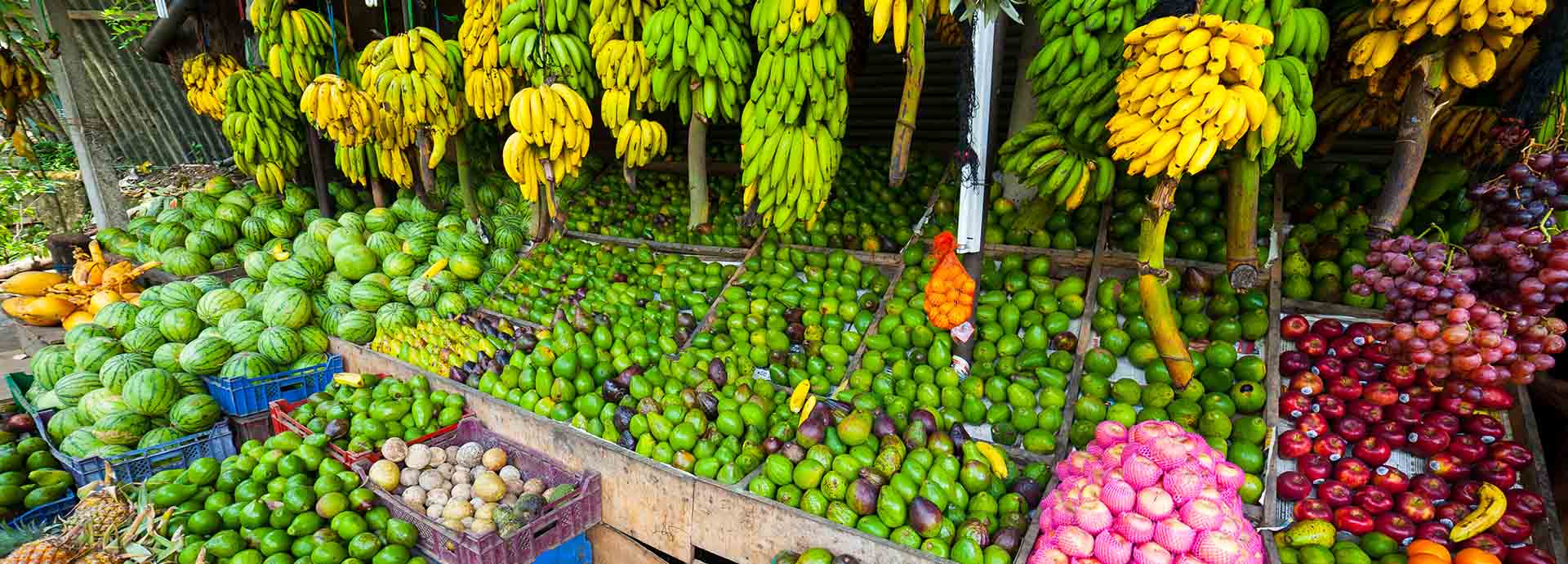
SHOPPING
Bartering over the price of goods is widely expected for a variety of transactions, including the hire of trishaws and the purchase of handicrafts.
Note that not all sellers will quote you a price that is inflated and therefore you will have to use your own judgement to decide whether the price is reasonable. Modern shops, for instance, have adopted Western habits where bartering is not welcomed.
We recommend you try to ascertain the guide prices for goods or services before purchasing. Remember that a small and inconsequential saving for you could be an extremely important amount to the seller. Bargaining is best carried out in a light-hearted and courteous manner. Aggressive haggling will offend the seller and ultimately increase the price.
If you make a purchase, beware extra import costs for tax, handling charges, customs, and delivery fees. In Australia, for example, fumigation certificates may also prove a problem.
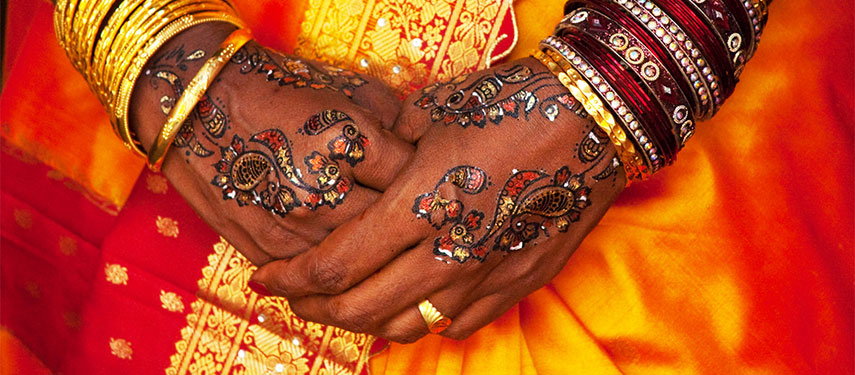
POWER, TECH & PHOTOGRAPHY
POWER
There are basically two main voltage systems used around the world: 110 Volt ‐ USA, Canada, Spain & Japan 220 Volt ‐ the rest of the world. In simple terms, the power supply available at the socket is roughly twice as powerful in 240V countries as in 110V countries.
The voltage in Sri Lanka is 230 Volts, therefore if you wish to use any electronic devices from Canada, the US or Japan you’ll need a voltage converter AND a plug adapter. Australia operates a 220V currency and therefore you only require an adapter for Australian appliances.
There are three associated plug types used in Sri Lanka, TYPES G, D and M. Alternatively you may prefer to invest in an International Travel Adaptor that provides you with more than one option.
Many adaptors also have a USB port so you can plug your smart phone, or I‐product directly into the adaptor.
For the latest & most up to date information about voltage and what adaptors to travel with refer to: www.korjo.com
ADAPTORS
Sri Lanka uses a 230V electrical current and there are three associated plug types, TYPES G, D and M.

SMART PHONES & DATA
Smart phones can be wonderful travel companions. Not only will they help you stay in touch with friends and family, they’ll guide you through unfamiliar cities, enlighten you on local attractions, translate foreign languages and produce great photographs.
Left unchecked they can also wreak havoc with your travel budget!
The reason is that some (but not all) of the fun and useful functions smart phones perform require the downloading of data via an internet connection. Unfortunately, if you’re paying for data roaming it can be an expensive exercise and you run the risk of returning home to an expensive shock.
If you want to make the most of your mobile device, while avoiding unexpected and unpleasant charges, keep in mind the following tips:
- Buy an International Roaming Pack ‐ think about buying a pack from your phone network before departure in order to access cheaper rates
- Remove your regular SIM and replace it with a pre‐paid SIM either purchased before departure or upon arrival. Not only will you benefit from better prices for data, voice calls and SMS, but there will be a pre‐set limit on how much you can spend giving you some piece of mind.
- Turn off global roaming ‐ the problem with data roaming is not simply the exorbitant costs travellers are charged for downloading megabytes, it’s the fact that this data is often being sucked down without you even being aware of it.
To be safe, the easiest thing to do is simply disable data roaming.
We do NOT recommend taking advantage of free-wifi in public places such as airports and malls. The connection is often insecure, and you could run the risk of data & information theft. If you do need to go online, whether to check your emails, use a handy app or make an online booking – your best option is to find SECURE free or affordable Wi‐Fi.
PHOTOGRAPHY
Photography plays an important role in any holiday. Zoom lenses are a great asset as are wide-angle lenses for landscape shots. The best over-all lens to take would be a zoom in the 70mm-300mm range. Only if you are in search of tigers, or are a keen birder, would you need a lens greater than 300mm. For digital cameras it is suggested that you bring two rechargeable batteries and ensure that you have adequate memory space.
Visitors to Sri Lanka find varied subjects for photography including people, monuments, wildlife, festivities, and landscapes. Please do ask permission before taking photographs of people and respect their wishes if they refuse. Minority groups, in particular, are often unhappy to have their photo taken. Photographing Buddhist Monks is not taboo but can create awkwardness so assess the situation and if in doubt ask. We do not recommend paying for the right to take a photo. If you do take a photo including local people, especially children, do share the picture with them if you have a digital camera as it is often greatly appreciated.
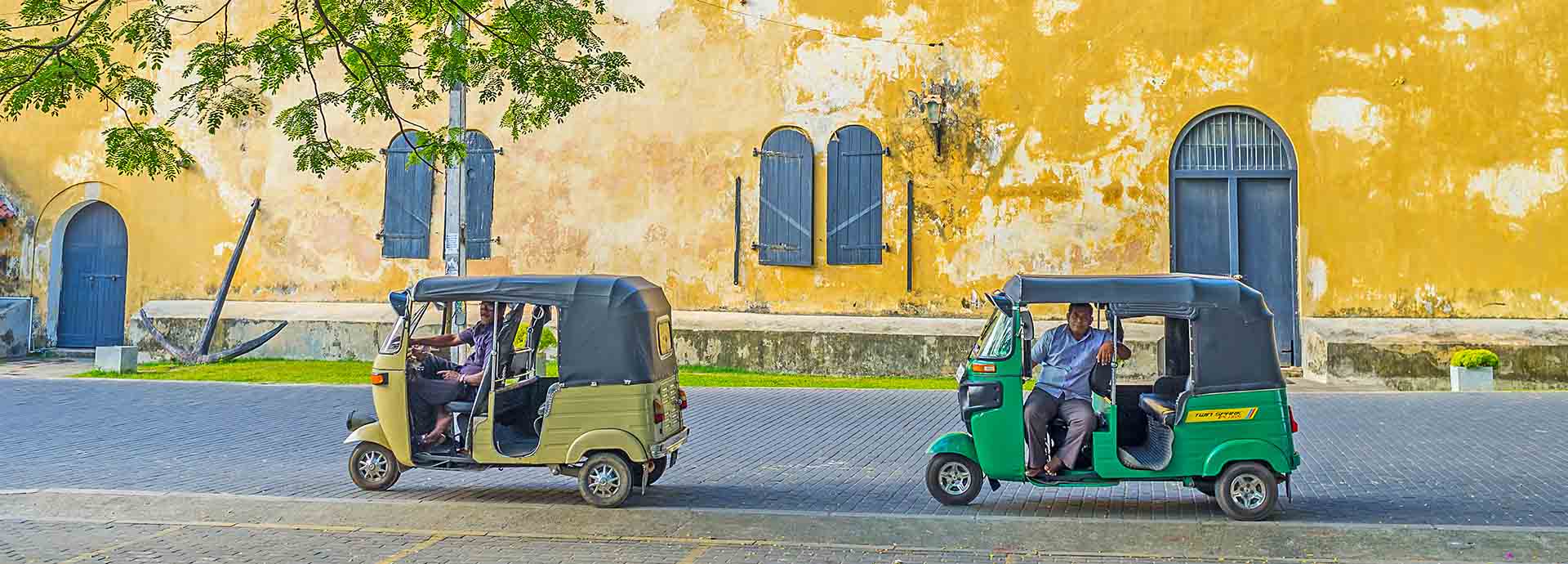
CLASSIC SAFARI CO TRAVEL APP
Your very own App for travel – let the countdown begin!
The CLASSIC SAFARI CO App is supplied courtesy of The Classic Safari Company. It is a very handy tool with the upside being that you can view all your travel documents on your device at any time, whether connected to the internet or not. It will be where we house all your travel documents. Our App along with emailed digital copies of your travel documents, will be all that you will require once travelling.
Therefore, it is important to take the time to become acquainted with The Classic Safari Co App, and contents, well before you travel.
To start viewing your travel documentation you will need to download, at no cost, The Classic Safari Co App on your Phone, iPad or Tablet by following these steps:
- STEP 1 : Be sure you have internet access
- STEP 2 : Open the App store on your device and search for ‘The Classic Safari Co’ or download on the Apple App Store or Google Play
- STEP 3: Once installed and opened, you’ll be asked for your User ID and your Unique Passcode. Please enter the following:
- USER ID: TCSC
- UNIQUE PASSCODE: NAME+FILENUMBER
Click accept and wait for your travel documents to download before starting your journey on the App.
NOTE: If you prefer to access your trip details and documents on your personal computer, you can do so by visiting https://web.vamoos.com/. Please use the same user ID and unique passcode provided above.
HOW TO DOWNLOAD
Open the App store on your device and search for ‘The Classic Safari Co’. Alternatively, using your device click the icons below to download on the Apple App Store or Google Play
OUR APP LOOKS LIKE THIS:
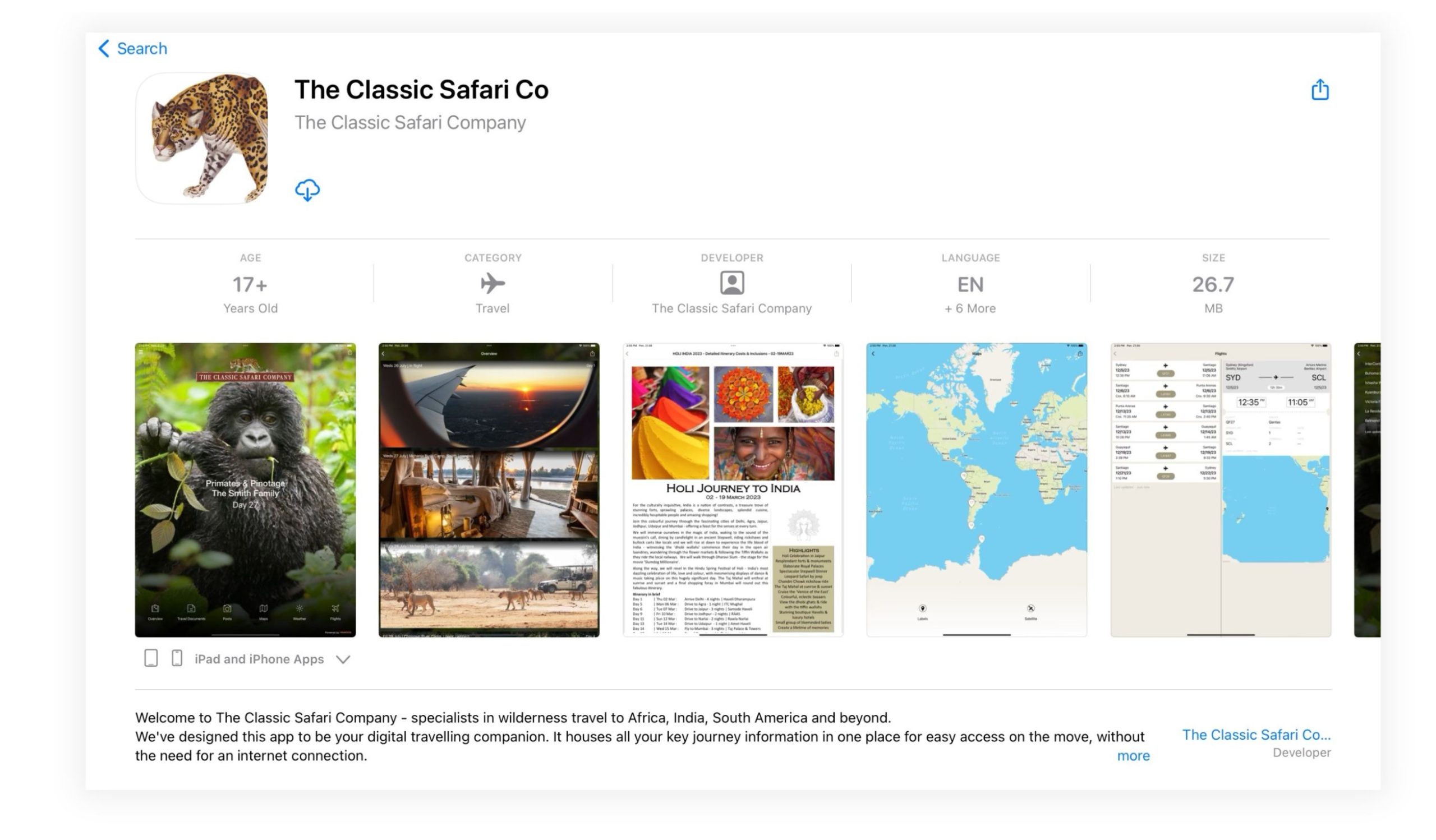
ON THE APP YOU WILL FIND:
- Your travel documents
- Destination information
- Maps
- Real time weather data
- E-tickets and flight information (if applicable).
ADDITIONAL OPTIONAL DOCUMENTS
We can also upload additional documents such as Tourist Visas, Vaccination Certificates, and your Travel Insurance Certificate if you wish to have them on hand as you travel. If you would like us to add these for you please email any additional documents in PDF format (only) and we will add them to your profile. We do not recommend adding or sharing your passport information online.
UPDATES & CHANGES
We will update all documents if and when changes occur, and prior to your departure we will furnish you with emergency contact information and any relevant travel vouchers.
OFFLINE USE
The greatest benefit of using our App is that once the initial download has occurred you will no longer require internet access to view what has been uploaded for you.
SECURITY
Please note that the software developer of our app (Vamoos) cannot guarantee the safety of personal data against identity theft, particularly if you are using a free wifi service whilst travelling. We do not recommend using free wifi services anywhere in the world.

ALREADY HAVE THE CLASSIC SAFARI COMPANY APP INSTALLED?
If you already have The Classic Safari Co App installed, to load a new trip you simply need to follow these steps:
- STEP 1: Open The Classic Safari Co App on your device and in the top left corner you will see 3 small horizontal lines (the burger menu). Click these and look for the words ‘Load New’… click this and then enter:
- USER ID: TCSC
- UNIQUE PASSCODE: NAME+FILENUMBER
- STEP 2: Wait for your travel documents to download before starting your journey on the App.
Should you have any questions about the App or the information uploaded for you please don’t hesitate to get in touch.
Thanks, have fun and let the countdown to your departure begin!
RECOMMENDED READING LIST
Birds of Sri Lanka – Deepal Warakagoda
A Year In Green Tea and Tuk-Tuks – Rory Spowers
Mosquito – Roma Tearne
The Flower Boy – Karen Roberts
Monkfish Moon – Romesh Gunesekera
When Memory Dies – A Sivanandan
Funny Boy – Shyam Selvadurai
From Ceylon to Sri Lanka – Mox Morgan-Davies
A Disobedient Girl – Ru Freeman
Anil’s Ghost – Michael Ondaatje
Homesick – Roshi Fernando
EXTENDED READING LIST
We have an extended version of this reading list – with a synopsis on each book – available. Please contact us to request a copy.
Please also share any of your own recommendations with us. We are always on the look out for new reads.

